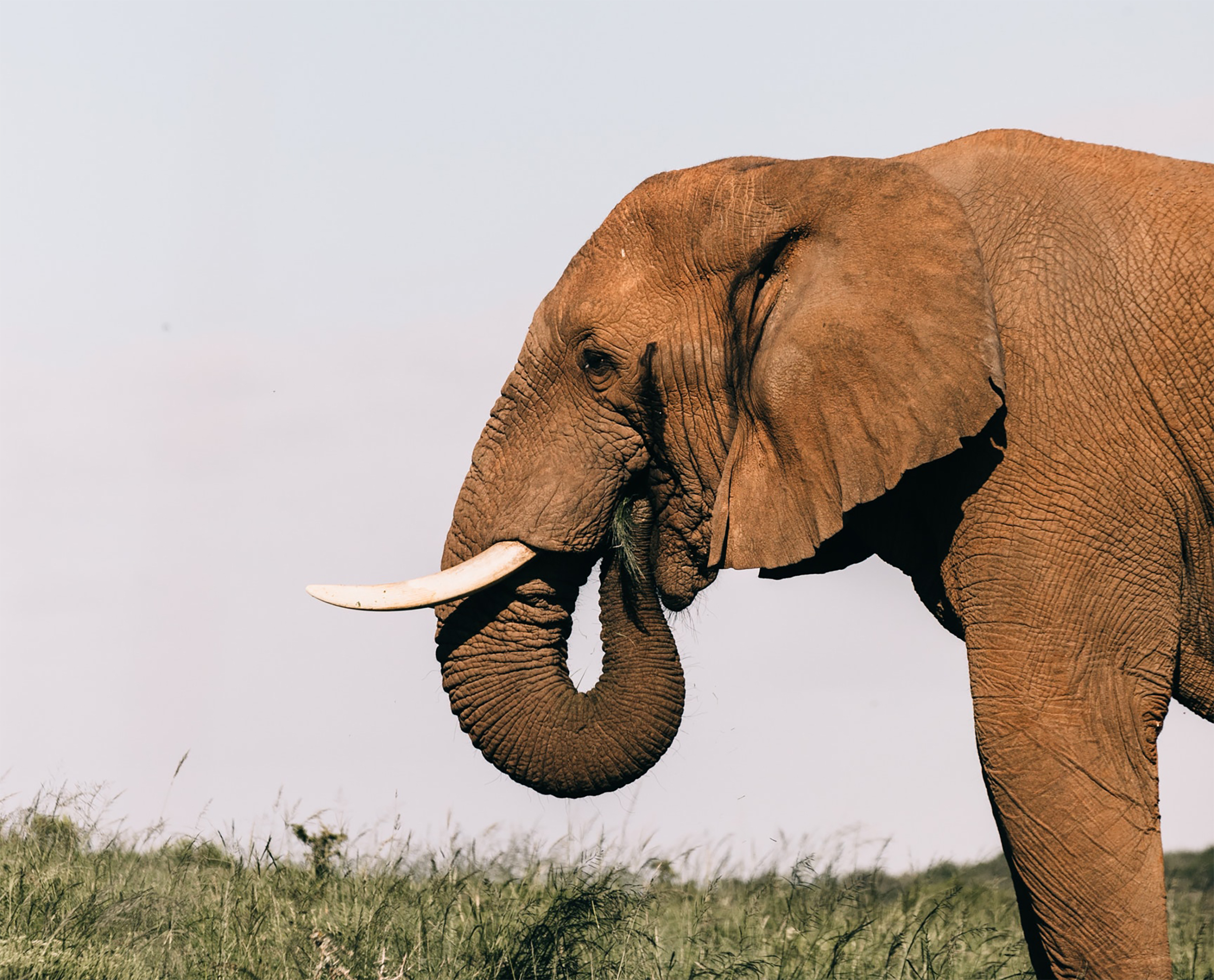This is one of those news that is so harmful to the planet that it seems anachronistic. Even more so in 2021, the year in which, according to the IEA, the development of new oil and gas fields should stop if the world wants to reach the goal of zero net emissions by 2050.
Still, oil threatens the Okavango Reserve, one of the last wilderness areas on the African continent.
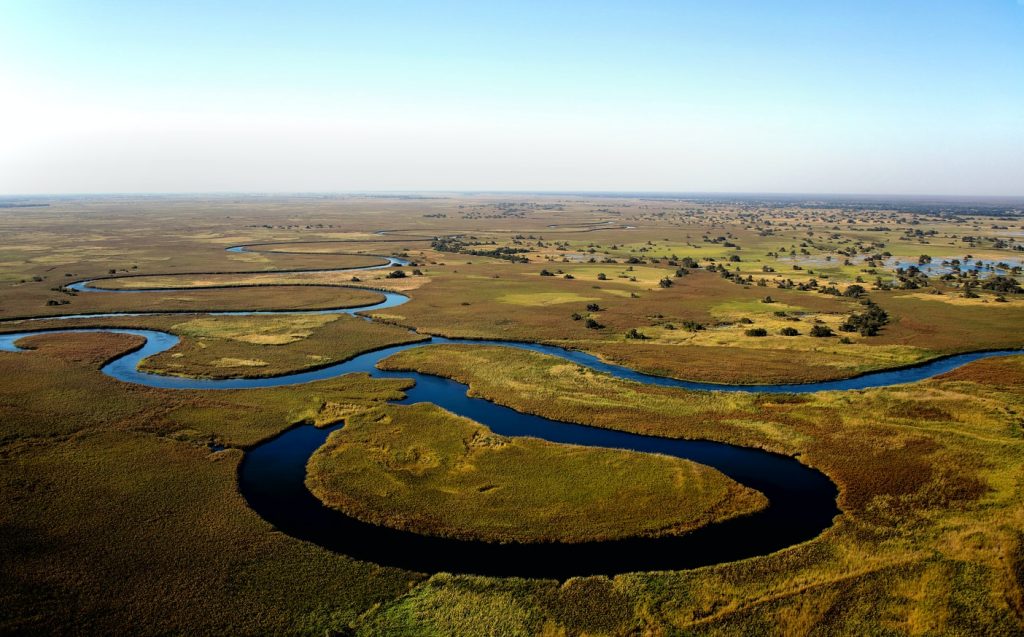
The Okavango Delta:
The Okavango Delta Nature Reserve takes its name from the river of the same name. It extends between Botswana and Namibia, on the edge of the Kalahari desert. Featuring one of the most unusual ecosystems on the planet, this area was declared a UNESCO World Heritage Site in 2014. The lush vegetation and surprisingly pure water of the river create an ideal animal habitat during seasonal floods.
It is no coincidence that 130,000 elephants have chosen the Okavango Delta as their home for decades. The reserve is also home to numerous tribes, of five different ethnicities. This wonderful place owes its extraordinary beauty to the almost total absence of agricultural or industrial activities, but it seems that soon, even this paradise will suffer the effect of human “civilization”.
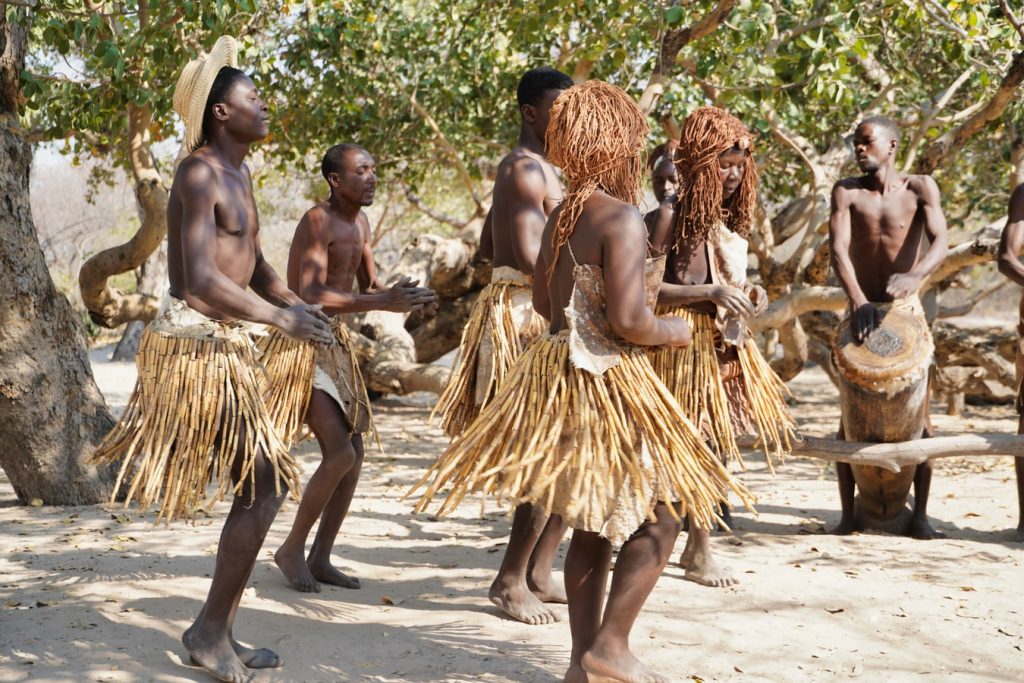
The case of ReconAfrica:
The Canadian-based oil and gas company ReconAfrica has launched an exploration activity in the Okavango Delta, defined by Oilparmi as “the largest world oil share of the decade”. After leasing more than 34,000 km² of land, ReconAfrica has started drilling, and estimates that the potential oil generated at its plant could be between 60 and 120 billion barrels.
Despite the reassurances of the Canadian company regarding the so-called “sustainable methods” used and the massive presence of references to sustainability on their website, the effect obtained is an oxymoronic juxtaposition between oil and “commitment to environmental protection”. Indeed, it is not plausible to claim to act according to ambitious green criteria when a precious ecosystem of our planet is jeopardized.
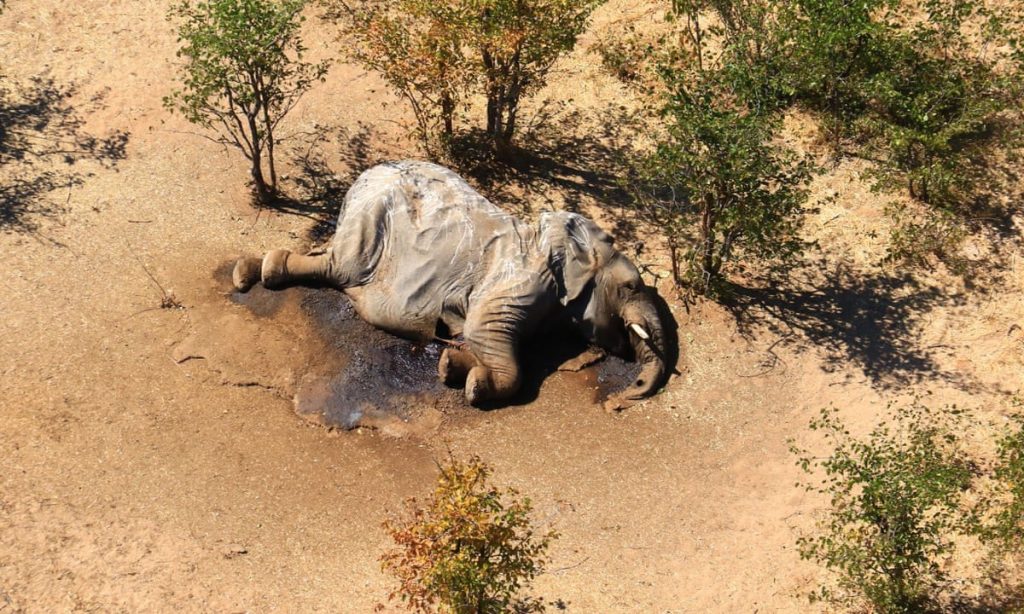
In recent months, more than 300 elephants have been found dead in the Okavango area. Experts ruled out poaching (the animals’ fangs were intact) by citing an abnormal bloom of toxic algae caused by climate change. However, this explanation may only be partial. The powerful vibrations caused by oil drilling disturb and disorient the pachyderms, making them vulnerable and confused.
Nnimmo Bassey, director of the Health of Mother Earth Foundation and president of Oilwatch Africa says: “Elephants avoid areas where there is human activity, where there is noise and what they see as a danger. This can take them away from their ancient migratory routes and bring them closer to villages and agricultural areas, leading to a human-elephant conflict ”.
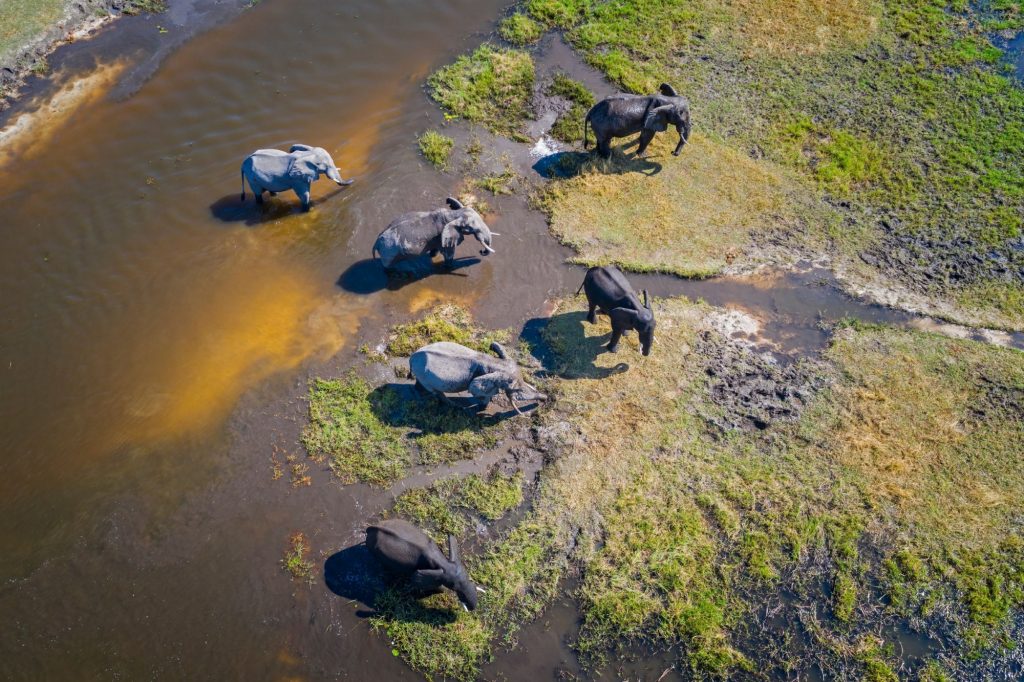
The environmental impact:
From the wells, to the refineries, to the new roads for transporting the barrels, every element of this oil project puts at risk not only the largest herd of elephants left in the world, but also the 200,000 people living in the area. These also include the tribe of the indigenous San, the oldest inhabitants of southern Africa.
According to the WWF, the necessary infrastructures include “the construction of roads, oil and gas pipelines, as well as buildings”, all of which “could have a negative impact on important animal habitats and biodiversity”.
In particular, the method of extraction used, called fracking, is of concern. This process is effective for optimizing the yield of oil and gas extraction from rocks, but requires large quantities of water. It is also a known cause of earthquakes, water pollution, the release of greenhouse gases as well as a higher incidence of cancers and congenital malformations.
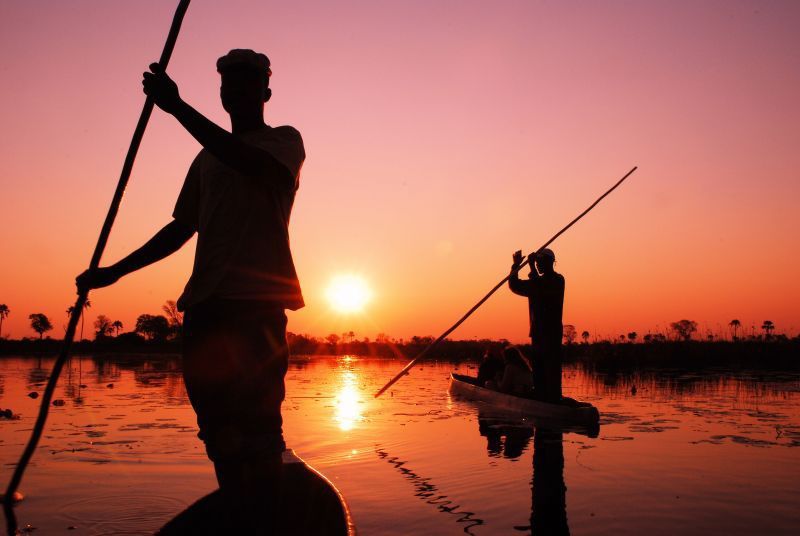
Incredibly, there is currently no protection for the Okavango.
Although the real gold is no longer oil, but water, this huge natural water reserve of 7,560,000 billion cubic meters of water is in danger of being destroyed, along with its very rare fauna and flora. A sacrifice we cannot afford, made in the name of jobs and barrels of oil.
If that’s evolution, it’s not that great.


